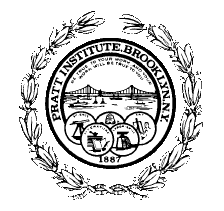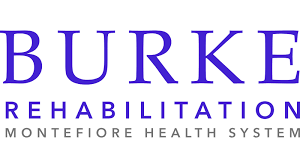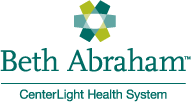Improve Lives of Loved Ones with Alzheimer’s
- What if you could get a loved one with moderate Alzheimer’s involved in conversation again?
- What if you could help a loved one with dementia vividly describe memories from her childhood some sixty and seventy years ago?
Dr. Linda Levine Madori demonstrates the application of The TTAP Method™ and the almost miraculous results with two patients with Alzheimer’s disease.
Professor, Artist, Researcher, and Therapist, Dr. Madori offers guidance as two facilitators apply several of the nine steps of the Therapeutic Thematic Arts Programming (TTAP) method using words to tell a story, create poetry, and even write during a forty-five minute session.
Madori describes TTAP as “creating wellness through personal sharing and significant memories through the art process.” She researched the kinds of creative activities that can strengthen the brain to afford patients periods of greater coherency.

Virginia and Rosalyn, two elders with Alzheimer’s, gradually emerge from appearing non-attentive to responding to the TTAP exercises led by two trainee facilitators.
There was a humorous portion during the session when cultural and age differences became apparent. Patrick, one of the facilitators who spoke with an accent, was unfamiliar with hopscotch — the playground or sidewalk game. This limited his ability to connect more deeply with one of the ladies as she recalled details of the game played in her youth.
Yet an amazing moment occurred when Virginia recalled a book she read when she was eleven years old! She even named the title. (It was a bit hard to understand whether she said The Secret Garden or The Sacred Garden.) The facilitator asked questions to draw out the details Virginia remembered. Very touching.
Despite the research Dr. Madori has done to produce this work, I couldn’t resist the gnawing wonder of what the results may be if we caregivers took time to interact more with our brain impaired elders.
A Structured Approach
Madori’s TTAP Method™: Storytelling, Poetry, & Writing offers a structured approach to help loved ones relax and meditate in order to be at ease while a facilitator draws out their memories in conversation through stories, poems, and writing.
Since not all caregivers and activity coordinators have the same skill level, I recommend staff incorporate TTAP when planning activities with residents. You might be surprised what you learn from these sources of knowledge.
The Result
Both ladies, initially fairly unresponsive, got involved. As they reflected on their own experiences, they even achieved better understanding of racial differences in years past. Rosalyn told of her experiences as an African American and Virginia, as a white American, confessed to being unaware. The viewer is left with the impression that both ladies were enriched by interacting with the TTAP facilitator and learning about each other.
TTAP is a great interactive tool for activity coordinators, LVNs, CNAs in nursing homes, assisted living communities, residential care homes, and even adult day care centers.
For more information about Dr. Linda Levine Madori, visit Website of Linda Levine Madori, PhD.
Click the following for the TTAP Method™: Storytelling, Poetry, & Writing DVD and other modalities Madori incorporates to reach people with brain impairment.
Reviewed by Brenda Avadian, MA
Editor, TheCaregiversVoice.com









